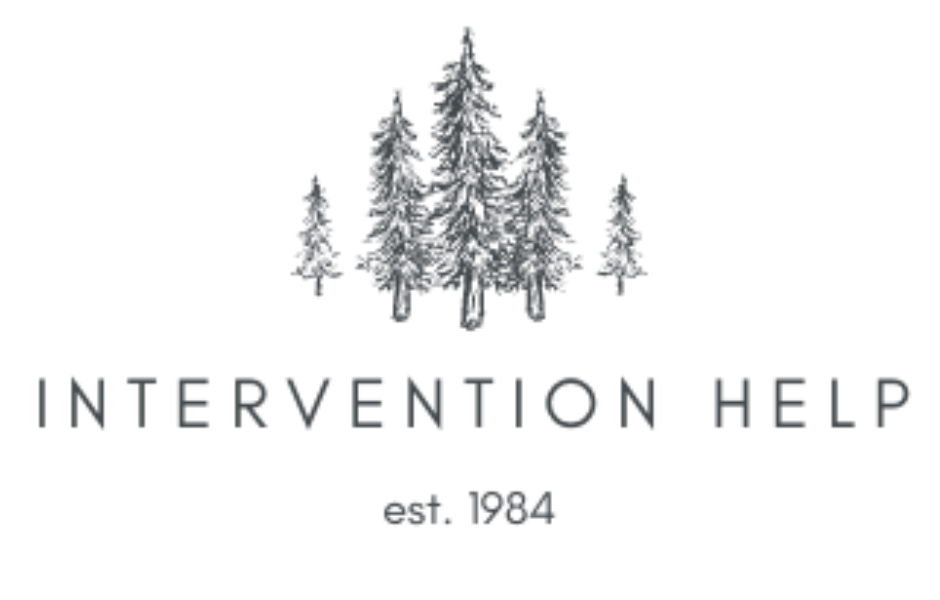
Alcohol Interventions: Helping a Loved One Choose Recovery
When someone you care about is drinking more than they used to, or their alcohol use is beginning to impact their relationships, work, or health, it can be hard to know what to do. You might worry you’re overreacting. Or maybe you’ve tried to talk to them, only to be met with denial, deflection, or anger. At Intervention Help, we understand how painful it can be to watch a loved one’s alcohol consumption spiral—but we also know there is a way forward.
We specialize in alcohol interventions that are deeply respectful, highly strategic, and tailored to each person’s situation. Our process never involves trickery or ambush tactics. Instead, we create an environment that encourages your loved one to make the choice to seek treatment—on their own terms.
When Is It Time for an Alcohol Intervention?
According to the Mental Health Services Administration, more than 14 million adults in the U.S. are affected by alcohol use disorder (AUD). But because alcohol drinking is so socially accepted, it can be easy to miss the early warning signs. Over time, what begins as casual or stress-based alcohol intake can evolve into alcohol misuse, and eventually, alcohol addiction.
Some signs that a loved one may need an alcohol intervention include:
Noticeable changes in drinking habits or increased alcohol use over time
Using alcohol to cope with stress, anxiety, or mental health issues
Denial, aggression, or defensiveness when the topic of drinking comes up
Missing work or family events due to hangovers or drinking
Attempts to cut back or quit that don’t last
Whether your loved one is in the early stages of problematic alcohol use, or is deep in a pattern of alcohol abuse, we’re here to help.
What Happens During an Alcohol Intervention?
An alcohol intervention is not a single event—it’s a series of carefully coordinated steps that allow family members and close friends to come together in support of a shared goal: helping their loved one accept treatment. At Intervention Help, our approach is built on empathy and respect. We utilize methods such as the ARISE model, a proven, non-confrontational technique that emphasizes collaboration and choice.
The intervention process includes:
Consultation: We start with a thorough conversation to understand your loved one’s history, drinking habits, and current situation.
Team Formation: We assemble a core group of family and friends who are committed to participating in the intervention.
Preparation: The group works closely with a trained addiction professional to learn what to say—and what not to say.
The Intervention: In a calm, respectful setting, the group presents their concerns and a clear path forward, including vetted treatment options.
Next Steps: If your loved one agrees to treatment, we help facilitate a smooth transition to the appropriate level of care.
Treatment Options After the Intervention
There is no one-size-fits-all solution for alcohol addiction. That’s why we help each client and their family find treatment options that match their needs and readiness. This may include:
Medical detox to manage withdrawal symptoms
Residential or outpatient treatment
Individual therapy and counseling sessions
Medication-assisted treatment when appropriate
Support groups like Alcoholics Anonymous (AA) or SMART Recovery
We also support families with aftercare planning and long-term strategies to ensure lasting success in the recovery journey.
Why a Non-Confrontational Approach Works
Unlike traditional models that rely on confrontation, our interventions focus on reducing emotional stress and building trust. We’ve seen time and again that a formal intervention that respects a person’s autonomy leads to higher engagement in treatment and better outcomes over time.
An early intervention can also make a dramatic difference. Acting before the situation worsens can prevent irreversible damage to your loved one’s physical health, such as liver disease or elevated blood pressure, as well as relationships, careers, and future wellbeing.
Supporting the Whole Family
We know that alcohol use disorder affects more than just the individual—it impacts the family system. That’s why we work closely with family members throughout the process. We also refer to helpful resources such as local support groups and family education programs to ensure that everyone involved has the tools to heal.
You’re Not Alone. We’re Here to Help.
If someone you love is struggling with alcohol use, don’t wait until things get worse. At Intervention Help, we walk alongside you from the first phone call to the final handoff into care—and beyond. A successful intervention can open the door to healing, not just for the person struggling, but for the whole family.
Reach out today to learn how we can help you take the first step toward change.
FAQs About Alcohol Interventions
-
Alcohol use is one of the most common forms of substance abuse. Like other substance use disorders, problematic drinking can interfere with daily life, health, and relationships. An alcohol intervention addresses these concerns and encourages a pathway to recovery.
-
Yes. While this page focuses on alcohol interventions, the same supportive and strategic process can be applied to individuals struggling with drug addiction or other substance use disorders. We tailor our approach based on each person's unique situation.
-
Absolutely. If a person has a co-occurring medical condition—such as liver disease or diabetes—it can influence both the urgency and type of treatment. We may coordinate with family physicians or other healthcare providers to ensure safety and appropriateness of the intervention and care plan.
-
If your loved one has significant health concerns or a serious mental illness, involving a family physician or addiction specialist is critical. These professionals can offer medical help, ensure stability during detox, and assist in developing a customized treatment plan.
-
Following a successful intervention, we help coordinate a thoughtful and effective treatment approach. This may include inpatient care, outpatient treatment, therapy, medication-assisted treatment, and ongoing support groups like Alcoholics Anonymous.
-
If you’ve noticed changes in their drinking habits, increasing alcohol intake, or negative consequences related to alcohol use, it’s a good idea to speak with an addiction professional. Early warning signs shouldn’t be ignored—early intervention can prevent the issue from escalating.
-
Families can seek support through local support groups, therapists, and intervention specialists. At Intervention Help, we provide ongoing guidance and resources so family members feel informed, supported, and never alone.
-
A brief intervention is a short, focused conversation—often led by a family physician or addiction professional—intended to raise awareness of a person's risky drinking behaviors and motivate them to change. It’s most effective for individuals who are not yet severely dependent on alcohol but are showing early signs of an alcohol problem.


